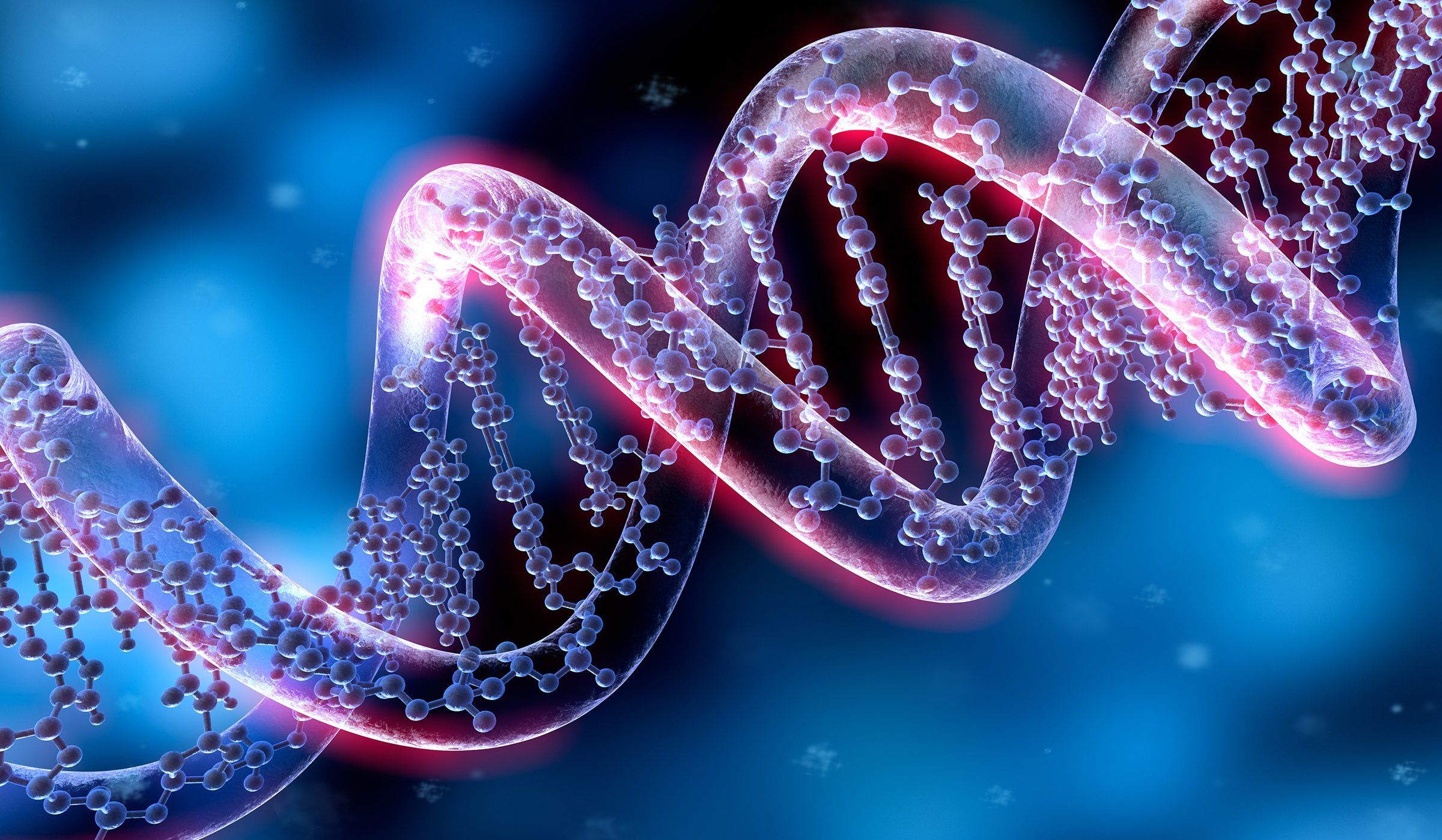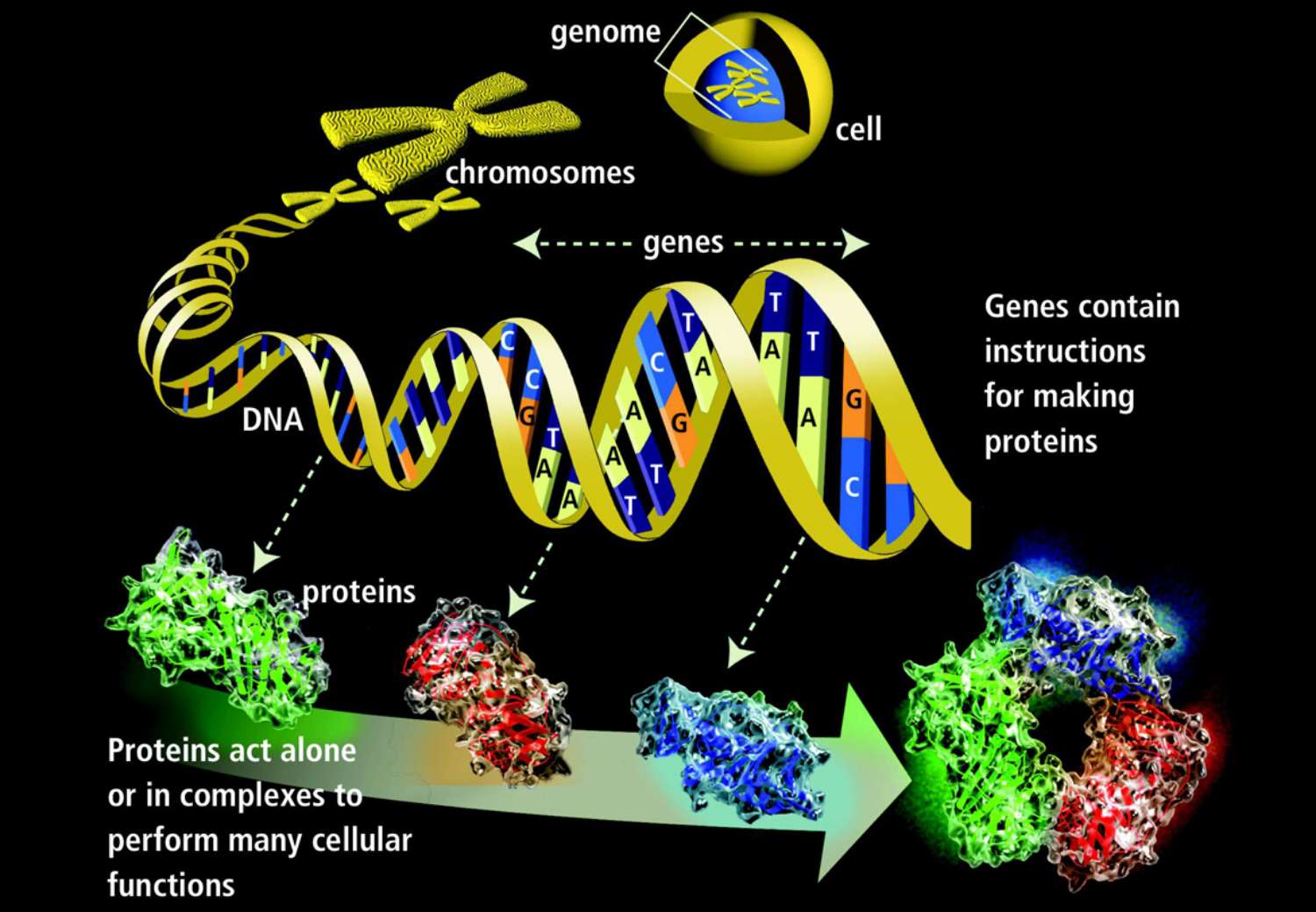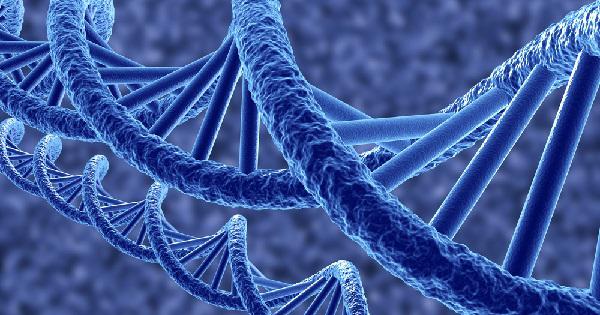Genetics is the study of how traits are inherited. A trait is defined as a variation in the physical appearance of a heritable characteristic. It seeks to understand how traits are passed from generation to generation.
The basic unit of inheritance is the gene. Genes are made of DNA, which is a molecule that contains the instructions for building proteins. Proteins are the building blocks of cells and tissues, and they play a role in many different functions in the body.
Chromosomes are structures that contain genes. Humans have 23 pairs of chromosomes, for a total of 46 chromosomes. Each chromosome is made of DNA tightly coiled around proteins.The genes on a chromosome are arranged in a specific order. This order determines which proteins are made by the cell.

When a cell divides, the chromosomes are copied so that each new cell gets a complete set of chromosomes. This is how genes are passed from parents to offspring.Mutations are changes in the DNA sequence of a gene. Mutations can be caused by environmental factors, such as exposure to radiation or chemicals, or they can be inherited from parents.
ALSO READ :> How to Get Started with Fitness
Mutations can change the way a gene works, which can lead to genetic diseases. However, mutations can also be beneficial, leading to new traits that are advantageous for survival.
Genetics is a complex and fascinating field of study. It is still not fully understood, but it has the potential to revolutionize our understanding of human health and disease.
Here are some additional things to know about genetics:
- Genes are not always expressed in the same way. This is because the environment can also play a role in how genes are turned on or off.
- Genes can interact with each other, which can affect how they are expressed.
- The study of genetics is important for understanding human health and disease. Genetic disorders can be caused by mutations in genes, and genetic testing can be used to diagnose and manage these disorders.
- Genetic engineering is the use of technology to alter the DNA of organisms. This technology has the potential to be used to improve crops, create new medicines, and treat diseases.

Genetics is a rapidly evolving field, and there is still much that we do not know about it. However, the research that is being done in genetics is helping us to better understand ourselves and the world around us.
I hope this blog post has given you a basic understanding of genetics. If you are interested in learning more, there are many resources available online and in libraries.





